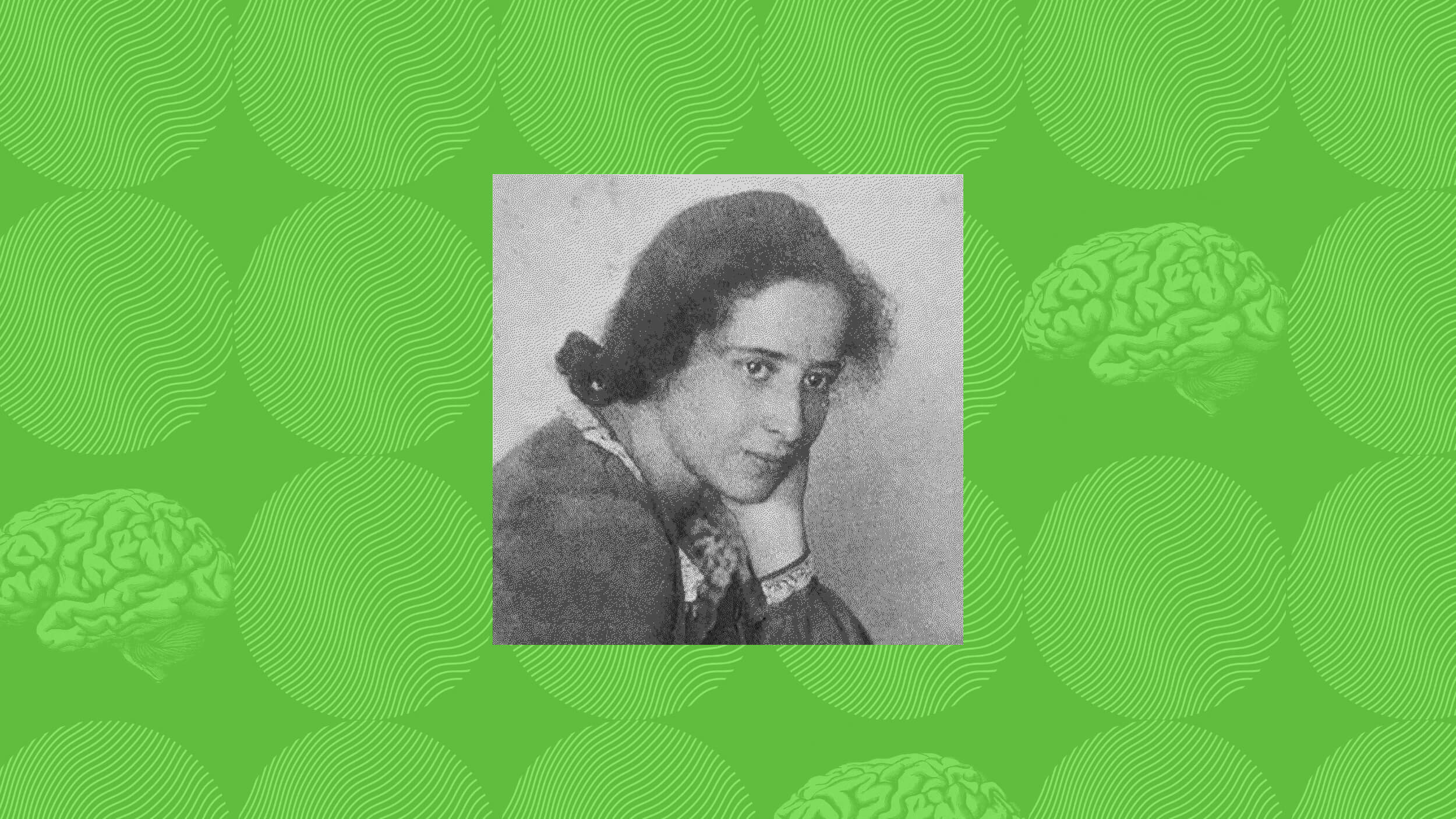In China, Civil Disobedience Substitutes for the Ballot Box

Some politicians feel threatened when citizens stop complying with the laws — they believe this kind of noncompliance calls into question the legitimacy of the established government. However, Lily Tsai, an associate professor of political science at MIT, has a different idea, saying people in non-democratic states use “constructive noncompliance” — subtle acts of disobedience — not as intentions of overthrowing a regime, but to enact small policy changes.
The new study looks at political attitudes among people in rural China, “an area,” writes Science Daily, “where political scientists would not normally expect to see give-and-take between residents and the government.” The study consisted of in-depth interviews with locals as well as broader surveys among the population, consisting of 2,000 people from 25 counties in five provinces.
Tsai explained in a press release:
“If we’re interested in questions like how stable is [a nondemocratic] regime, it seems important to understand how ordinary people on the ground see it in their own lives, from their own point of view.”
At the conclusion of her study, she reported that many of the residents “had this belief that if [officials] did see there was sufficient noncompliance, [the officials] would conclude that the citizens were trying to tell them something.”
It’s an interesting perspective to read how people living in a non-democratic state view their relationship with their ruling body. The respondents to her survey did feel they had some ability to enact change — a voice within a country that most Westerners wouldn’t believe exists. When it came to policies where residents felt there could be some back-and-forth, Tsai found 71 percent of respondents would “definitely” not follow a local policy they didn’t think was right. However, only 28 percent would do the same with a central government policy.
Tsai observed that residents “who engage in noncompliance are the same people who believe the government responds to their feedback. [Citizens] do have to believe there are people who are trying to make good policies.”
The main purpose of her research, she said, was mostly empirical.
“I’m interested in how people themselves see things.”
Read more at Science Daily.
Professor Tamar Gendler explains in a long lesson how citizens need to understand the fundamentals of political philosophy in order to make your voice heard effectively. By asking yourself as a citizen things like how should a society be structured in order to flourish?
Photo credit: Shutterstock





